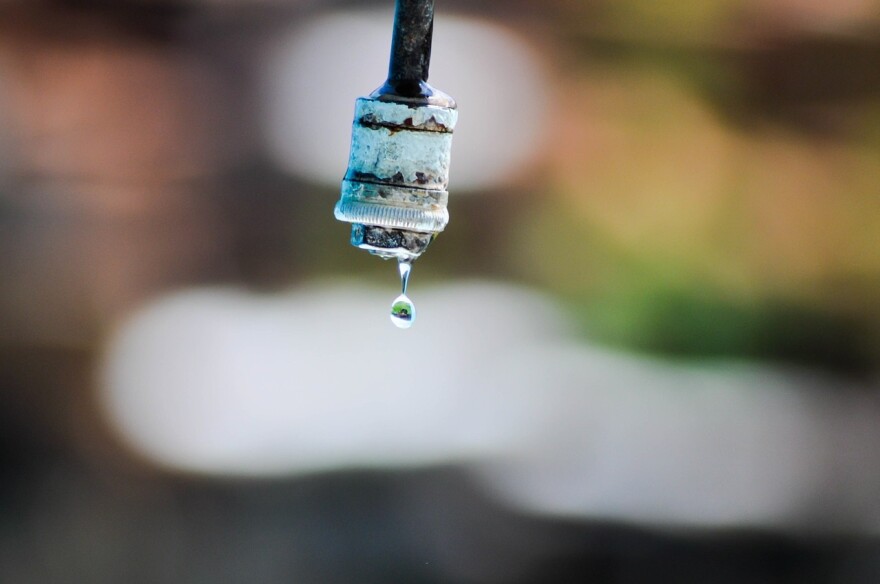New York Governor Andrew Cuomo vetoed a bill this week that would have given local governments more control to regulate sand mines in their jurisdiction. The bill would have given local governments the ability to prohibit mining when groundwater contamination caused by the site was documented.
The legislation was pushed by towns and villages in eastern Long Island. More than half of the 23 active-permitted mines on Long Island are in the towns of Riverhead, Shelter Island, Southampton and East Hampton.
The bill was lobbied against by the region’s construction industry. The governor said the legislation, as is, was “expansive” and “ill-defined.”
"This bill will lead to unnecessary confusion within the regulated community and costly disruption to the supply of construction materials on Long Island," Cuomo said. "The protection of Long Island’s water quality is of paramount concern, but is already accomplished through a host of state and federal environmental laws."
Cuomo instead directed the state Department of Environmental Conservation to study the impact of sand mining on Long Island’s groundwater, looking at three years of data from the Suffolk County Department of Health Services. The state will submit its findings in a report.
County health officials said the groundwater beneath the mine is contaminated with pollutants.
The bill included recommendations from a Suffolk County grand jury report on sand mining and illegal dumping issued in 2019. Cuomo signed legislation this week that make it a felony to illegally dump construction debris or participate in a dumping scheme.
County District Attorney Tim Sini said the bill was created as a result of the grand jury report on a disposal scandal that closed a Brentwood park for three years. Sini, commenting on the bill signing, said polluters had either received “a slap on the wrist or evaded conviction entirely” because of a lack of adequate legislation on these crimes."
“This legislation will go a long way in protecting our environment across New York State, and in particular on Long Island, where the risk of contaminating our aquifer – the sole source of our drinking water – presents a clear threat to the public’s health and safety,” he condined.
"Illegal dumping is a significant problem and too often its costs are unjustly passed on to the community," Cuomo said in a statement. "[The legislation] further discourages large-scale illegal dumping by holding developers and waste haulers accountable for creating the problem in the first place."
State Assemblyman Fred Thiele of Sag Harbor introduced the sand mining legislation that would shut down many of these mines that have a history of contamination. He rebuked Cuomo’s veto.
“The opposition of the State DEC exposes what East End Towns, civic groups, and environmental organizations have known for years,” Thiele said in a statement. “The commitment of the State DEC to clean water is empty rhetoric. By opposing this legislation, the state agency whose mission is the protection of our drinking water is instead protecting the polluter.”
In 2019, the DEC decided to permit a sand mining operation in Noyack, Long Island, despite issuing a report to immediately close the sand mine the year before. Sand Land Corporation is allowed to dig 40 feet deeper toward contaminated groundwater below. The DEC said it would closely monitor the water quality underneath the sand pit. The permit calls for the mine to be shut down in eight years.
Thiele, environmentalists and local town officials pressed the federal government to get involved. The U.S. Environmental Protection Agency will not investigate the controversial Noyack sand mine, leaving the decision up to the state of New York. Residents have also sued to try to shut down the mine.


